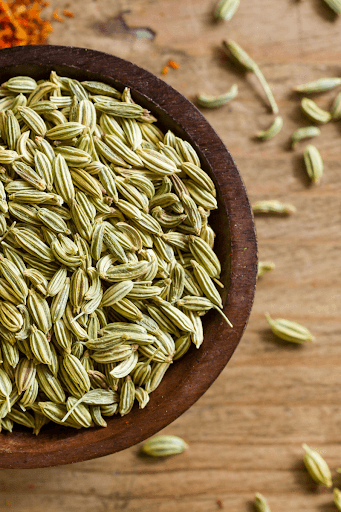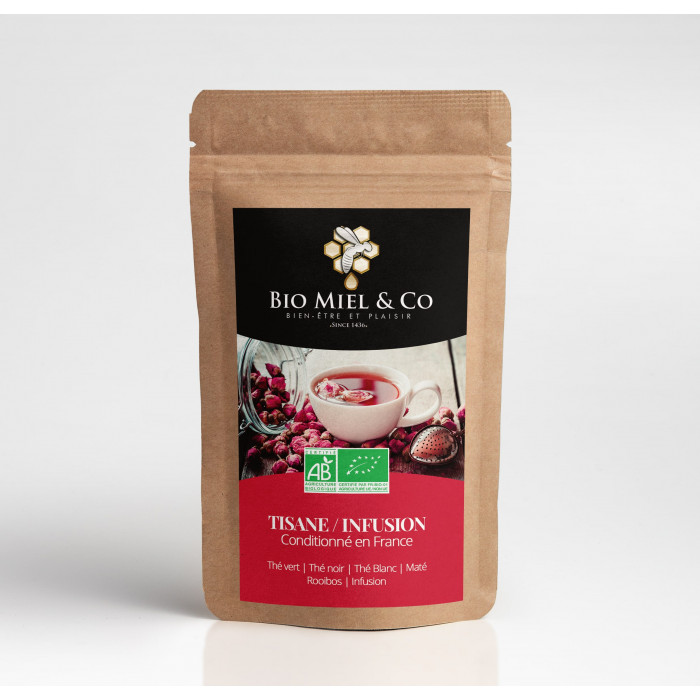- Bio Miel & Co
- 13869 views

According to specialists, breast milk, which is around 87% water, is the best possible nourishment for a newborn baby. This process begins with the drop in hormones after delivery (expulsion of the placenta). The hormone prolactin is released, stimulating lactation. The onset of lactation usually occurs on average 30 to 40 hours after delivery, and physical contact between mother and child encourages milk to flow.
Skin contact as early as the delivery room and then as often as possible thereafter encourages milk to rise. Similarly, early suckling immediately after birth facilitates the quality of milk supply.
However, milk production can be delayed or reduced. And this is due to several factors such as:
- stress
- the taking of certain medications
- breast engorgement
- the physiology of the young mother (umbilicated nipples) or the physiology of the baby (tongue brake)
However, there are remedies to help increase milk production notably by eating certain so-called "lactogenic" foods. Another possible solution to complement food to facilitate breastfeeding is lactation tea. Part of the natural options used for decades by our grandmothers and mothers to stimulate milk production.
What is lactation tea?
Lactation teas are formulated from so-called galactogenic plants renowned for their action on milk production. Used by many generations of women, these plants help increase milk production and ejection. Herbal teas ensure good hydration and help on a daily basis to promote lactation.
There are two types of breastfeeding herbal teas:
- Those to soothe baby's colic,
- And those designed to stimulate the production of breast milk, through the use of galactogenic plants or so-called galactagogues.
There's nothing magical about herbal teas, however. They can never replace a healthy, balanced diet. You also need to breastfeed at your baby's request, without looking at the watch.
What is the composition of breastfeeding herbal tea?

It generally contains galactogenic plants rich in active ingredients that stimulate lactation, such as:
⮚ Green anise, which also aids digestion and soothes infant colic thanks to its soothing properties.
⮚ Fenugreek which, in addition to its galactogenic effect, promotes recovery after childbirth, and supports the balance of fat metabolism and the maintenance of normal blood glucose levels "the ideal post-delivery plant" but should be avoided by pregnant women (as it causes uterine contractions), and should be used with caution by diabetics.
⮚ Fennel seeds also help soothe infant colic, a low-calorie food that contains plenty of water and is a source of minerals, trace elements, vitamins and antioxidants.
⮚ Vervain officinale also known for its calming effect, with a sweet, pleasant taste, so it's ideal for de-stressing mom and baby.
⮚ Caraway also known as fruit cumin is a plant close to fennel and cumin, but with a subtle taste. It has galactogenic properties, and stimulates digestion, relieves during colds, or in cases of spasms and colic.
Other non-galactogenic plants (thyme, orange, mint, raspberry, red fruit ...), lightly flavor milk and thus give it a taste appreciated by babies.
Why consume breastfeeding herbal tea?
It will be a good idea to rely on the advice of a specialist in the field: a herbalist. For the consumption of certain herbal teas is not recommended in the case of pathologies such as diabetes or hypoglycemia.
Various benefits are to be noted:
⮚ It allows you to consume more water, a basic foodstuff for producing milk and for better hydration.
⮚ It offers a moment of relaxation for mom, which is important as breastfeeding fatigue can reduce lactation.
The breastfeeding herbs can also offer a double benefit. In addition to stimulating lactation and facilitating breastfeeding, they include plants with recognized digestive properties.
When and how to consume breastfeeding herbal tea?
Lactation herbal tea keeps at room temperature (between 15 and 25°C) and can be consumed from the end of pregnancy and throughout breastfeeding, if required.
You can drink 2 to 3 cups a day between feeds, or consume herbal teas throughout the day (1 to 3 cups a day). During breastfeeding, water requirements increase, by around 700 ml/day.
Related products


